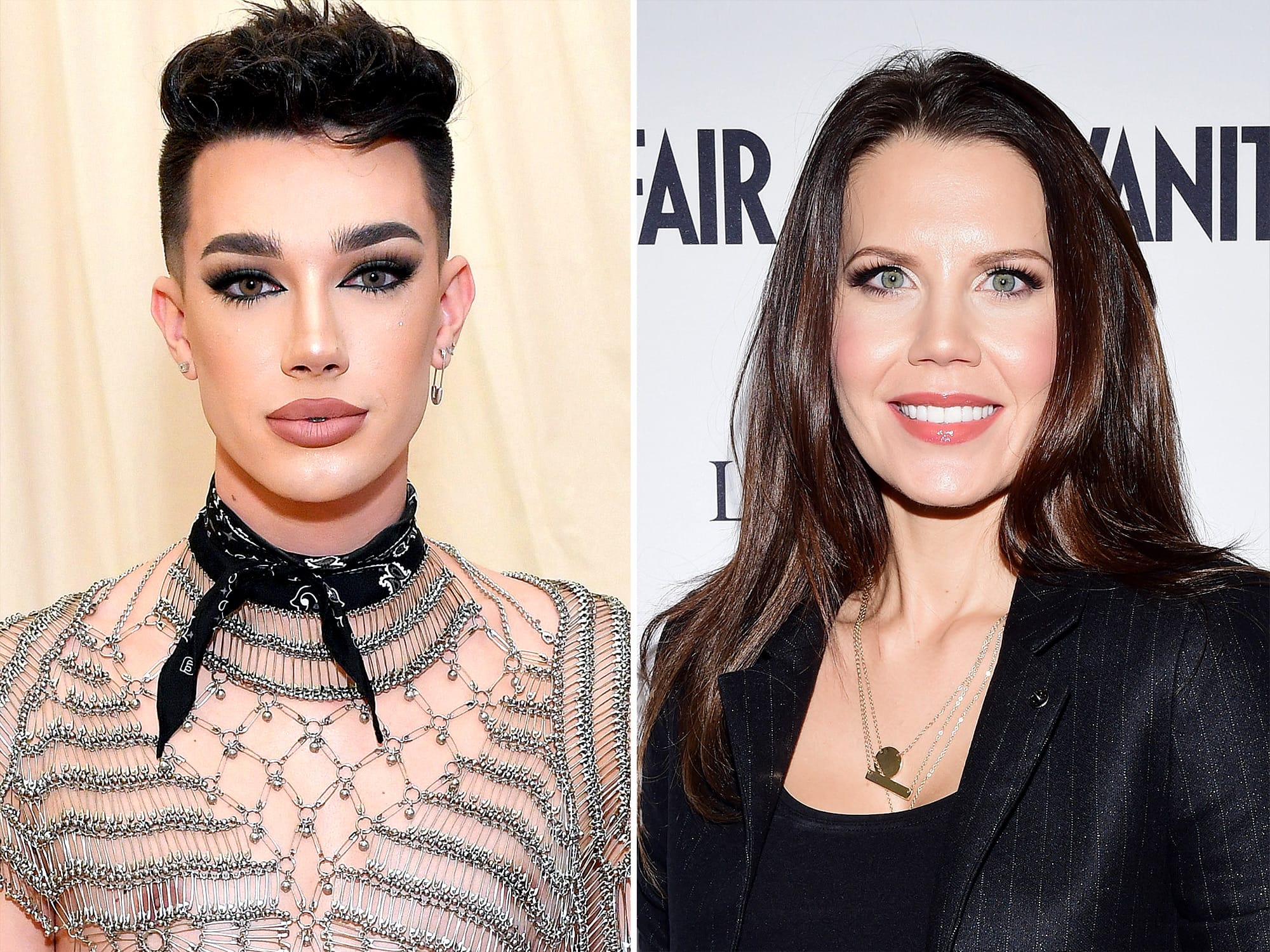
Beauty YouTuber James Charles lost 2.6 million followers in three days after a public feud with another vlogger.
The drama erupted after James, at the Coachella music festival in April, promoted the vitamin company Sugar Bear Hair, a rival to his former mentor Tati Westbrook’s Halo Beauty Company.
In a now deleted video entitled "Bye Sister", Westbrook, 37, slammed Charles, 19, for betraying her trust, and urged fans to unfollow him on YouTube.
Following the video, fans abandoned Charles in droves, prompting him to load a series of videos defending himself.
This extreme reaction is typical of dedicated fanbases, according to Dr Emily Van der Nagel, lecturer in Monash’s School of Media, Film and Journalism.
“James Charles lost so many followers because of the perception that he wasn't loyal,” Dr Van der Nagel said.
“Alliances between brands, influencers and audiences matter in the context of beauty product sales.”
“Promoting a brand that competed with his friend and collaborator Tati Westbrook, even though he did so as a personal favour to Sugar Bear Hair, was considered disloyal and disrespectful to that relationship.”
“YouTubers want their brands portrayed favourably, but even drama, fallouts and fights command attention and can result in brand awareness.”
The personal nature of YouTube videos fosters intimacy between vloggers and fans, who become deeply committed to their favourite stars.
“Fans get invested in YouTube stars because they come across as people, often performing the qualities of vulnerability, honesty, and authenticity,” Dr Van Der Nagel noted.
“Popular YouTubers are now often sponsored by brands and involved in complex marketing and business deals, but what comes through is a person talking directly to their fans, without the traditional gatekeepers of broadcast media producing.”
However, public feuds aren’t necessarily bad for business.
“On any kind of media, attention is money,” Dr Van der Nagel said.
“YouTubers want their brands portrayed favourably, but even drama, fallouts and fights command attention and can result in brand awareness.”
It's difficult to police the digital frontier, which spans multiple platforms worldwide.
“Social media, including YouTube, is a sprawling communication context that connects people of all kinds,” Dr Van der Nagel said.
“This can result in conversations and relationships that are meaningful and enjoyable, but also bullying and harassment.
“YouTube is public, which means it's not necessarily safe.”
Last year, tech giant Facebook extended its bullying and harassment policies to cover public figures. Previously, the protections only covered private individuals.
Facebook’s new policy states that "severe attacks that directly engage a public figure” will not be allowed.
“Especially for public figures, YouTube influencers and celebrities, there's an amount of criticism that can be expected,” Dr Van der Nagel said.
“However, it's still not OK to send death threats and other threatening or harassing comments.”





